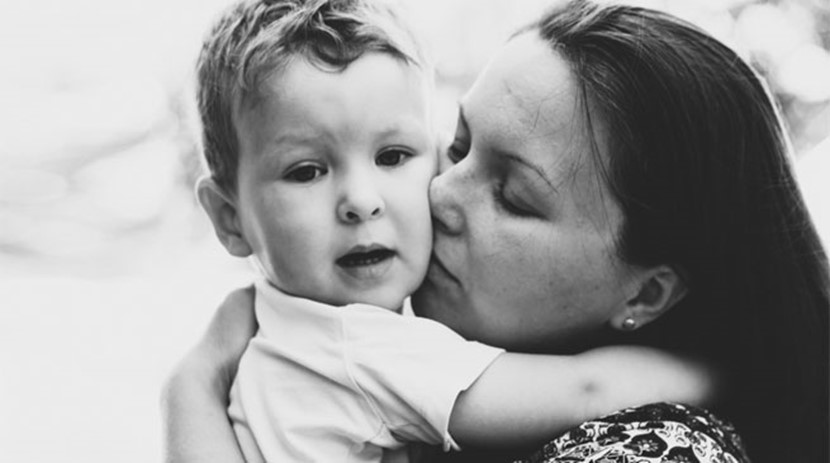Five ways to help kids deal with a disaster

It's absolutely normal for a catastrophe such as an earthquake to bring about a change in our behaviour, whether we experienced it first-hand or heard about it through the media. It's normal to feel a sense that things are somewhat surreal and to feel agitated or on edge. Many adults feel a sense of needing to draw near to loved ones - giving hubby an extra cuddle or spending longer than usual snuggling the kids. Here are some ways you can help your little ones cope with the aftershocks of the event.
-
Understand that certain behaviours are most likely your child's way of expressing the anxiety and fear s/he feels. For children, it's quite common to regress with their development. We're left with kids who won't leave parents to go to school, or kids who burst into tears at the thought of returning to the place where they were when the earthquake happened. Children may start thumb-sucking, bed-wetting, baby talking or sticking to Mum like glue. Some children, particularly boys, might behave more aggressively or be more disorganised. These behaviours will fade as kids grow more comfortable, but there are no rules for how long it will take.
-
Try to be aware of your own responses to the earthquake, especially in front of the kids. Children literally look to us for how to cope, a process known as "maternal buffering", and they’ll gauge how serious the situation is from how stressed we are. Even if the children seem oblivious, chances are they're watching you.
-
In times of distress, routine and familiar surroundings can really help (having said that, a holiday away from the physical reminders of the earthquake and news reports can be just what the doctor ordered too). The kids may be reluctant, but a gentle return to routine such as kindy, playgroup or school is important.
-
It's best to wait until the kids are asleep before talking about the big stuff like living arrangements. Parents are just as vulnerable as children to post-earthquake emotional turmoil. If your own buttons are pressed while the kids are around, try to explain what's going on for you. This will help them find words to explain their own feelings.
-
When it comes to answering the "big questions" that will inevitably come, and kids ask if there will be another quake, try to tailor your answer to their developmental level. Try not to offer blanket reassurance that everything will be okay, but reassure the kids that they're loved and that they are safe at that time.
And for us adults? Behavioural psychologists say that repeatedly "experiencing" the earthquake by remembering it or talking about it, while in a safe environment, is the key to healing. For most of us, this happens naturally through conversations with family and friends. Some of us need professional help, where we can talk through our responses in a supported setting. Read our full article by psychhologist Melanie Woodfield on strategies for coping with disaster.

